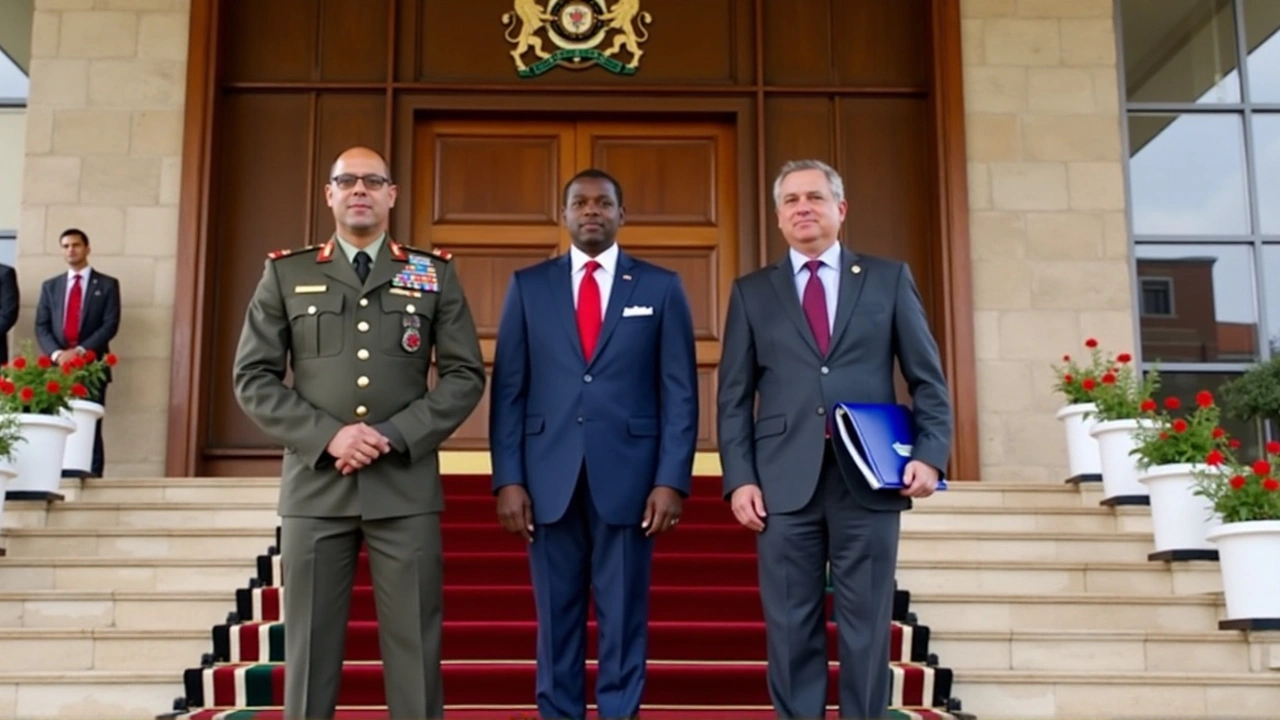Regional Security: Real-time updates and plain answers
If you follow events across Africa, regional security matters every day. Here you’ll find plain updates on cross-border clashes, insurgencies, peace missions, and policy moves that shape safety for millions. We cut through jargon and show what happened, why it matters, and what could happen next.
Key issues to watch
Border clashes and militia shifts often trigger wider crises. When a local fight spills across a border, it can cripple trade and spark refugee flows. We track those flashpoints and highlight who’s directly affected.
Terrorism and insurgencies remain central. Groups in the Sahel, the Horn, Lake Chad basin, and northern Mozambique use local grievances to expand. Watch for changes in leadership, funding, or tactics — those signal rapid shifts on the ground.
Maritime security and piracy in the Gulf of Guinea hit economies fast. Attacks on ships disrupt exports, insurance rates rise, and coastal communities lose income. We follow incidents and regional naval responses so you can see the ripple effects.
Cyberattacks and disinformation now shape conflict stories. A campaign online can fuel unrest or wreck critical services. We explain the cyber angle when it matters, with examples that show real consequences.
Where tensions are highest right now
The Sahel: Burkina Faso, Mali and Niger stay volatile. Military coups and armed groups make everyday governance unstable. Look for troop movements, humanitarian access cuts, and ECOWAS or African Union steps.
Horn of Africa: Ethiopia and Somalia face long-running security problems tied to local politics and regional rivalries. Small changes in alliances can lead to rapid escalation.
Lake Chad and northeast Nigeria: Insurgent attacks continue to displace people and interrupt farming. Humanitarian aid timelines often lag behind events; we flag when access is blocked.
Mozambique and the Indian Ocean coast: Insurgency-linked violence and maritime threats are reshaping investment and development plans. Follow reports on civilian returns and reconstruction efforts.
Who’s acting? Regional organizations, national armies, UN peacekeepers, and private security firms all play roles. We name actors and explain their mandates so you know who is responsible for what.
How we cover it: we mix on-the-ground reports, expert analysis, and official statements. Expect quick incident reports plus follow-ups that explain trends. We verify sources, flag disputed claims, and link to primary documents when possible.
Use this tag if you want quick situational awareness. Subscribe to alerts for fast changes, follow local journalists for context, and check official briefs for policy moves. If you’re a traveler, business leader, or policymaker, these updates help you make practical choices — from route planning to risk assessment.
Questions or tips? Send sources or witness accounts. Your local insight helps us map what's really happening, not just the headlines.
